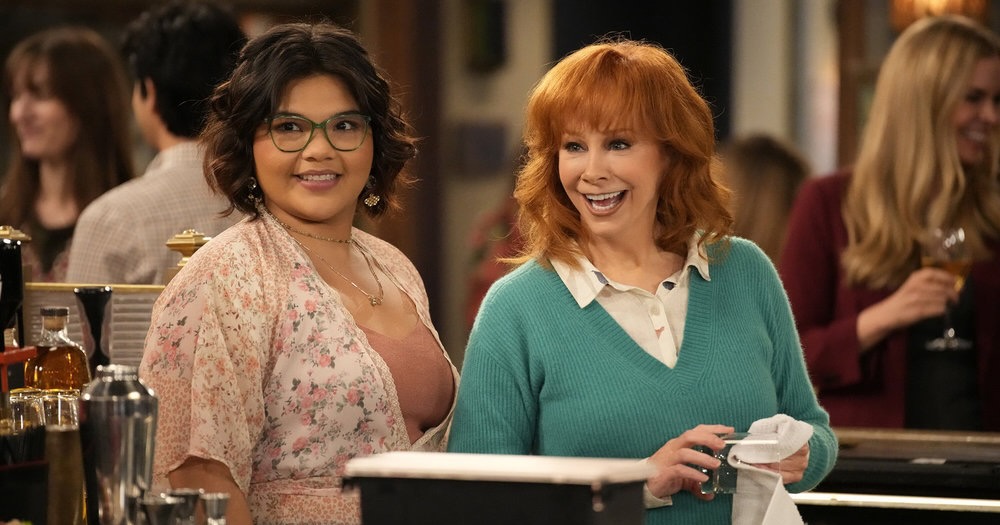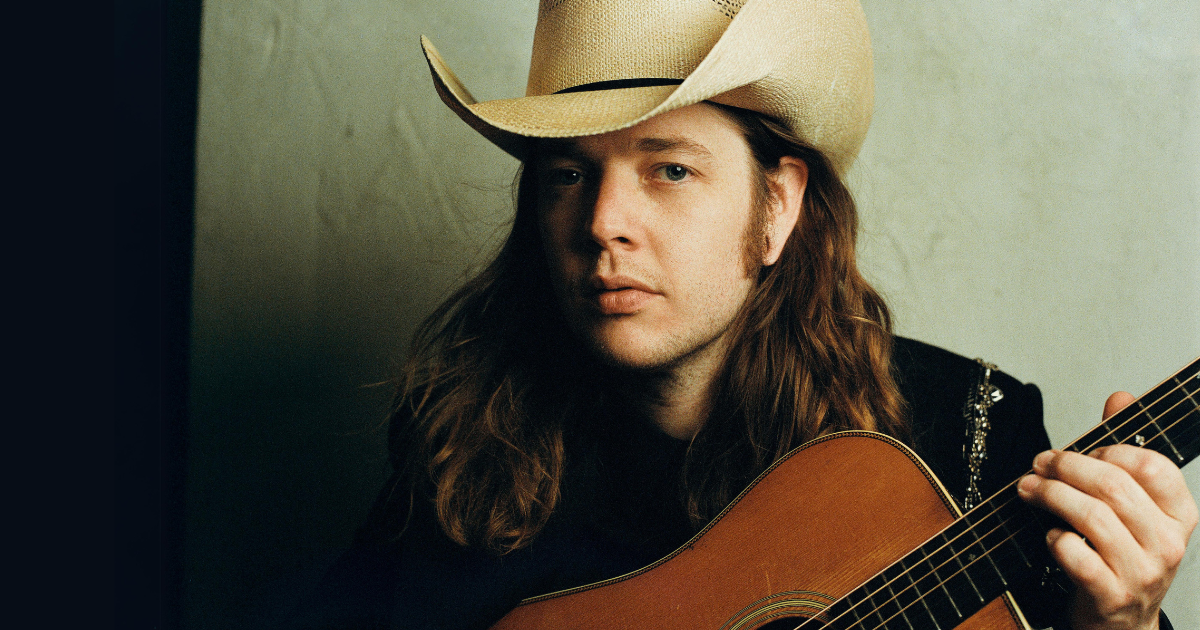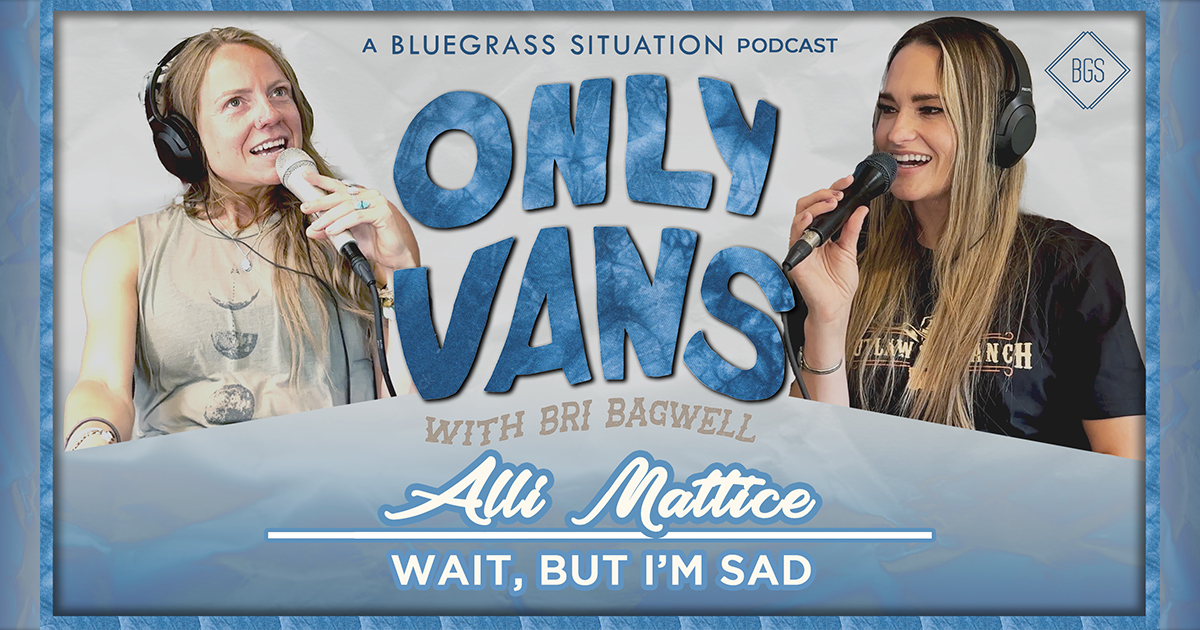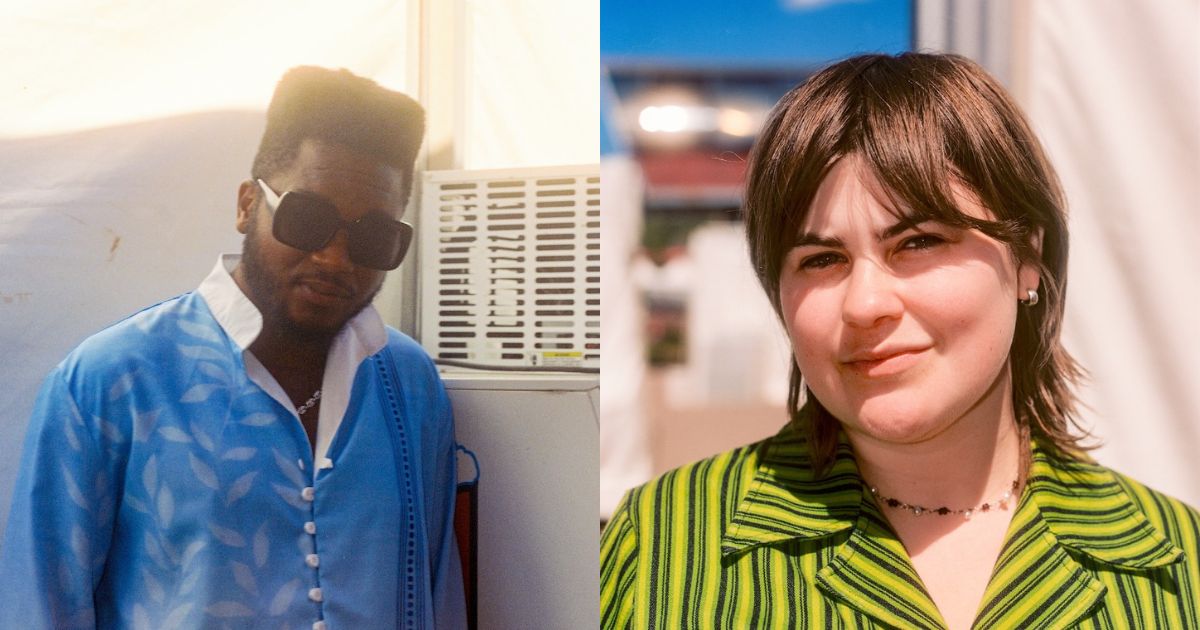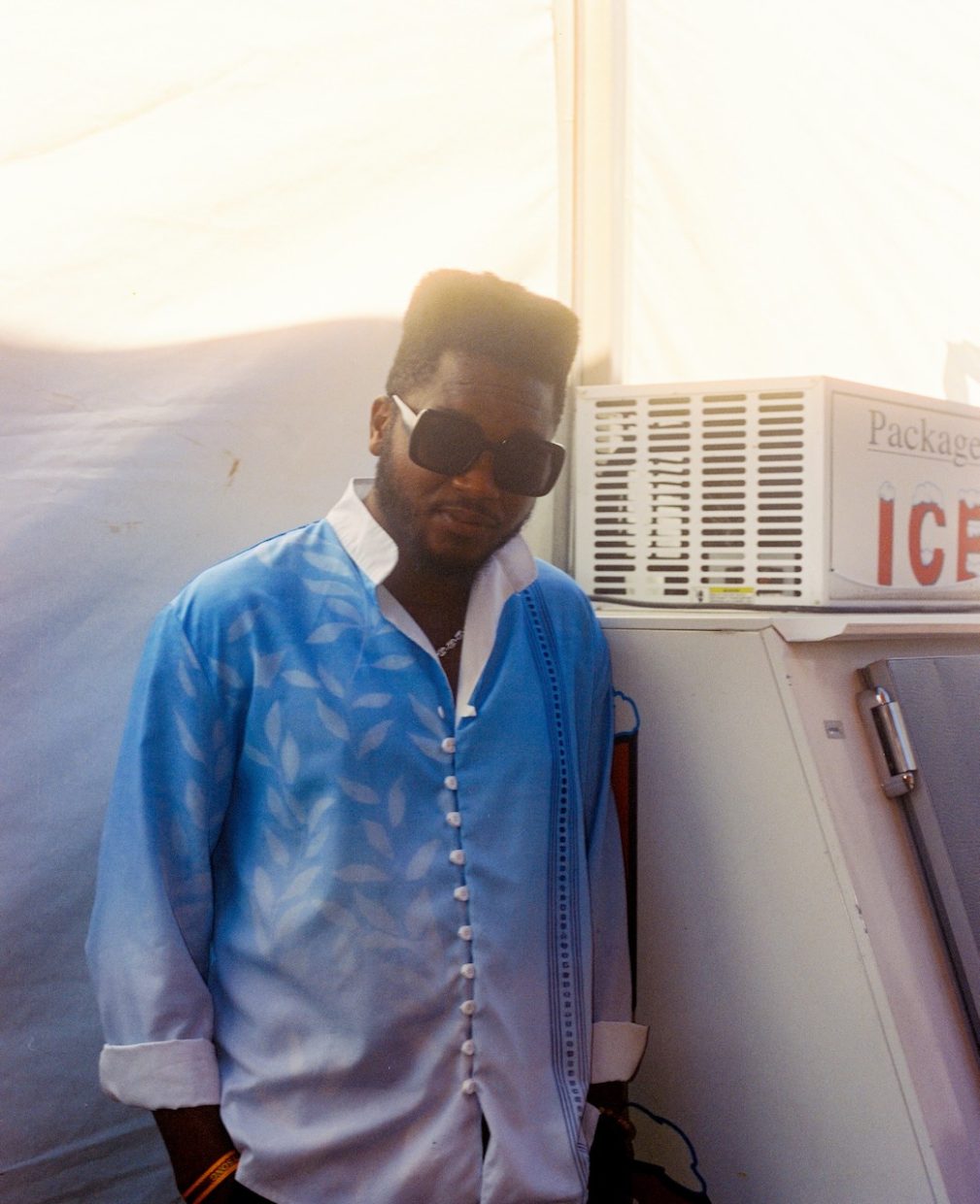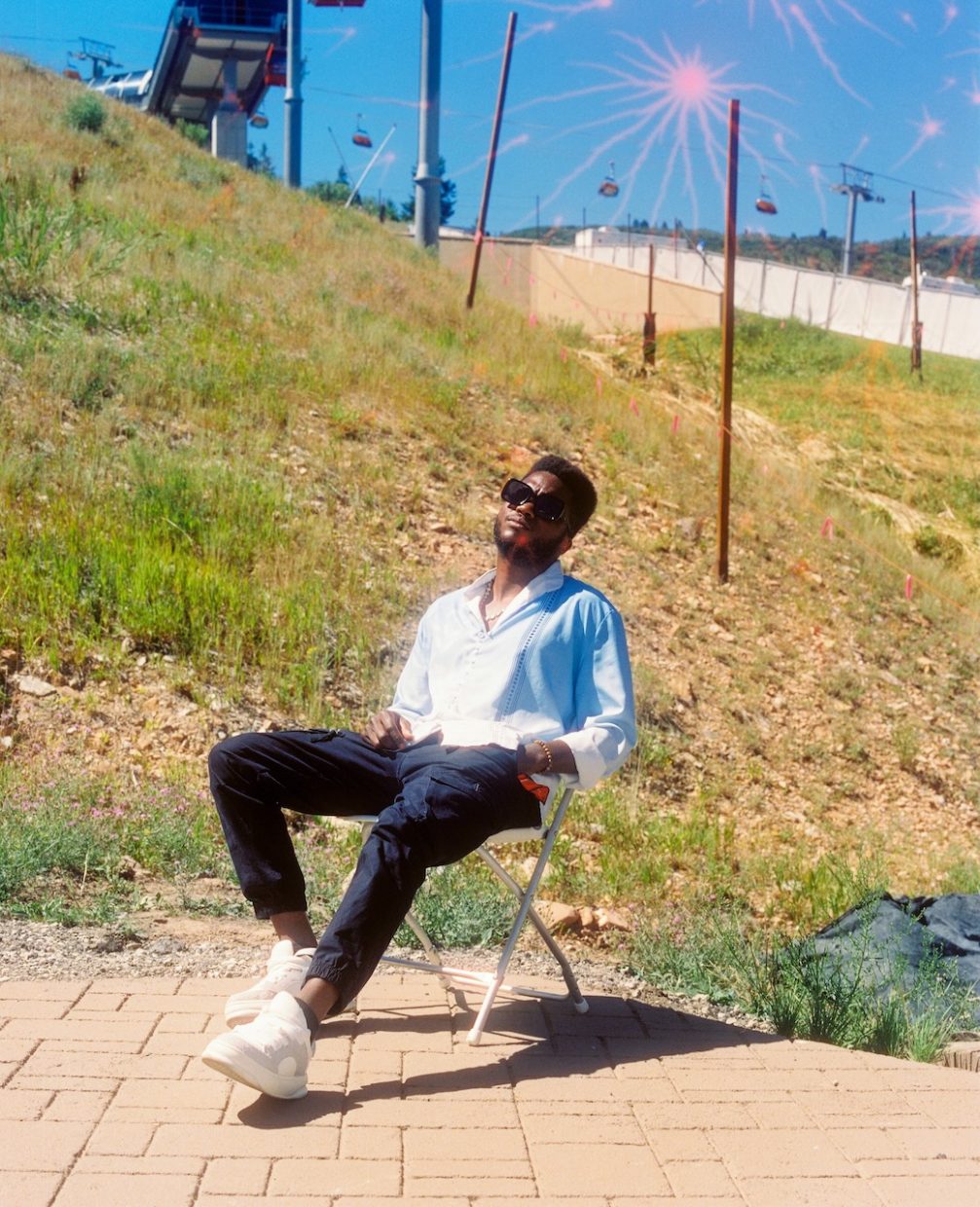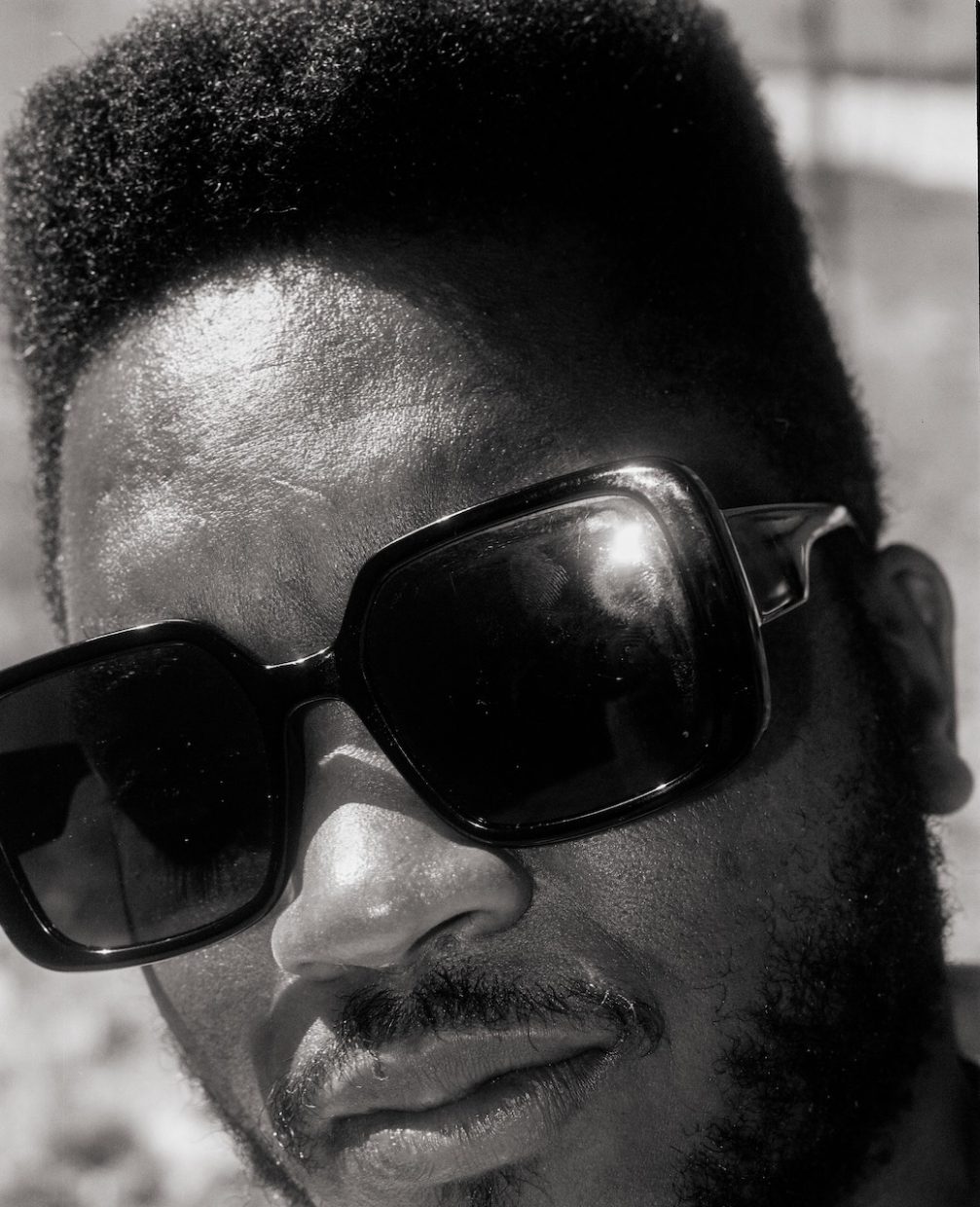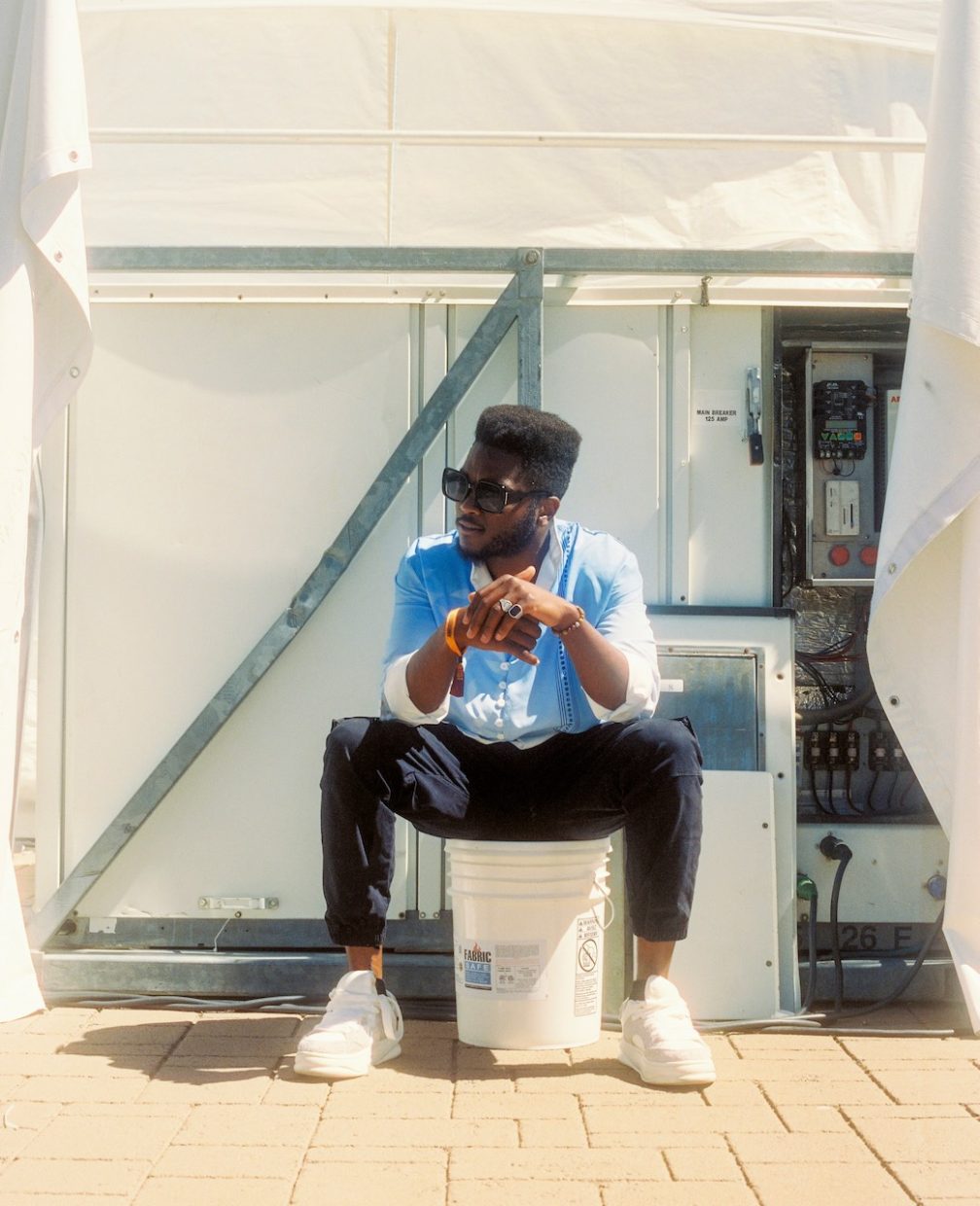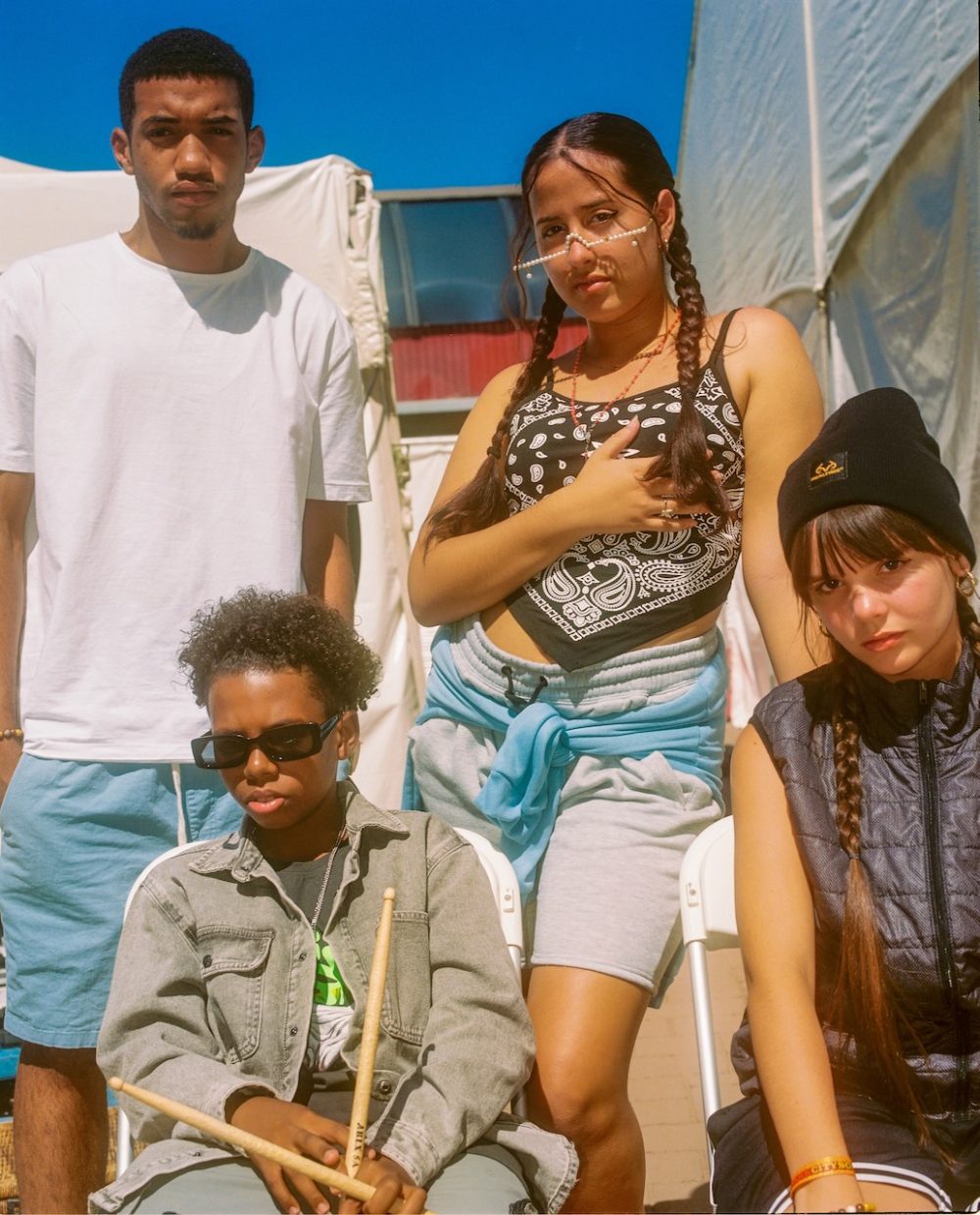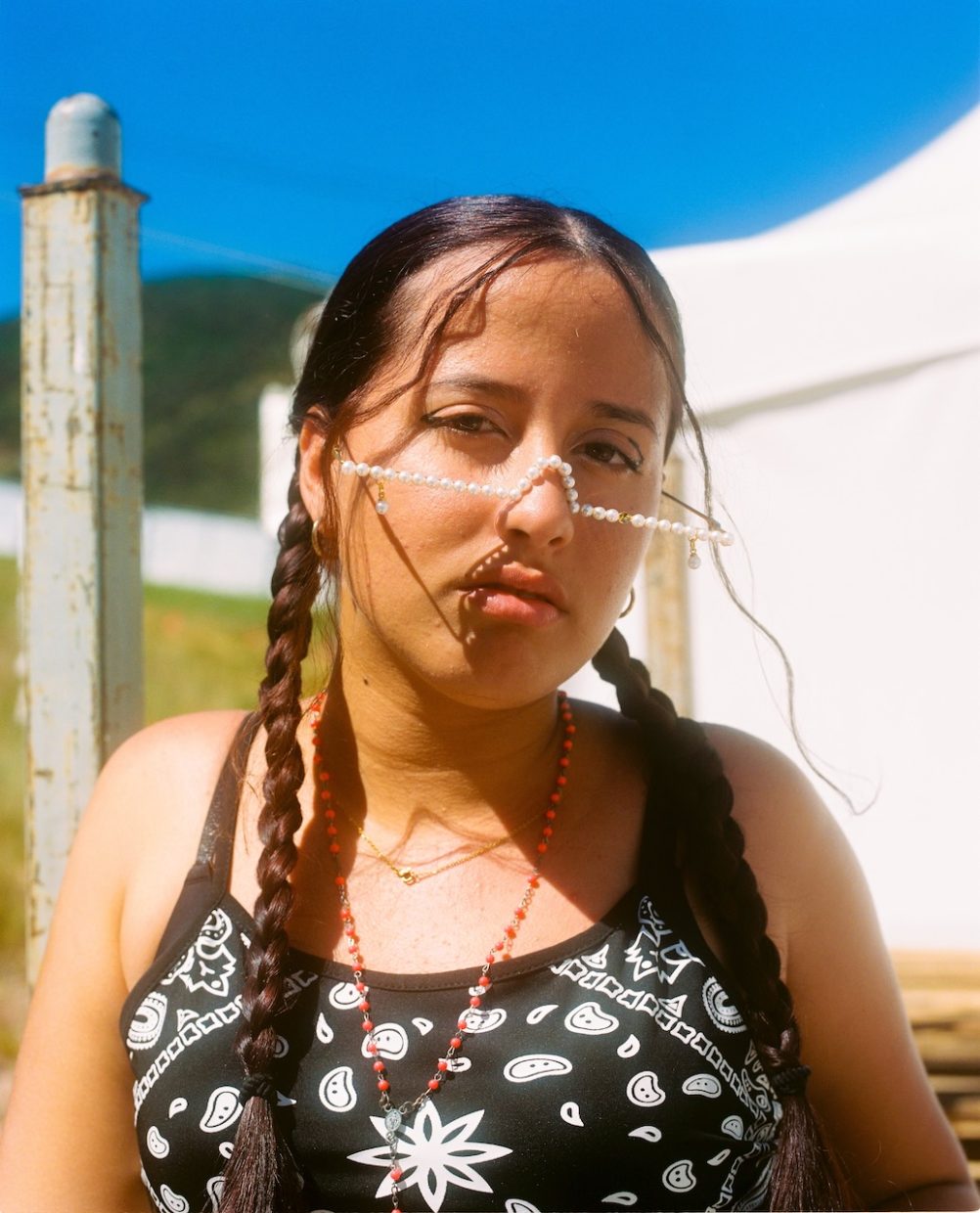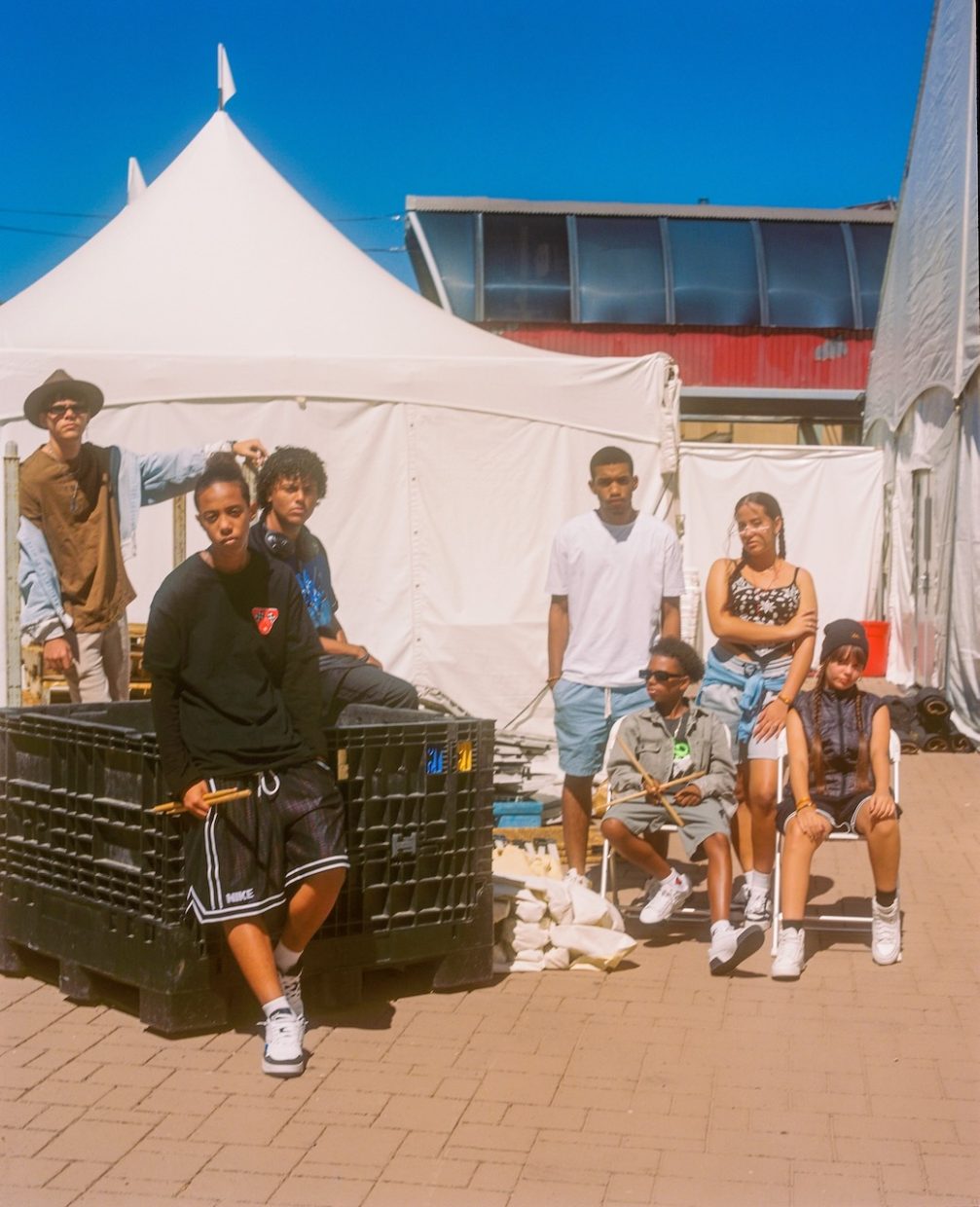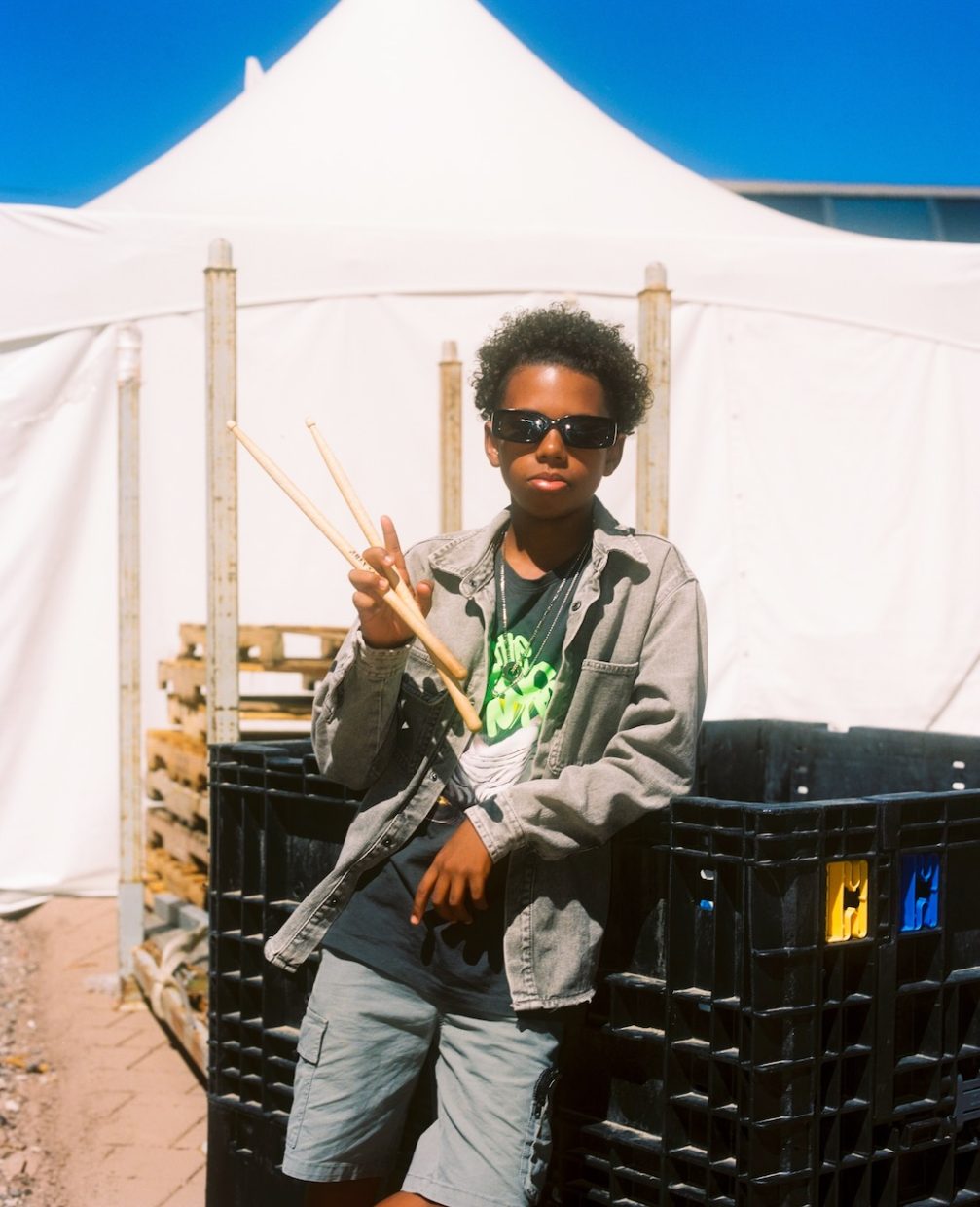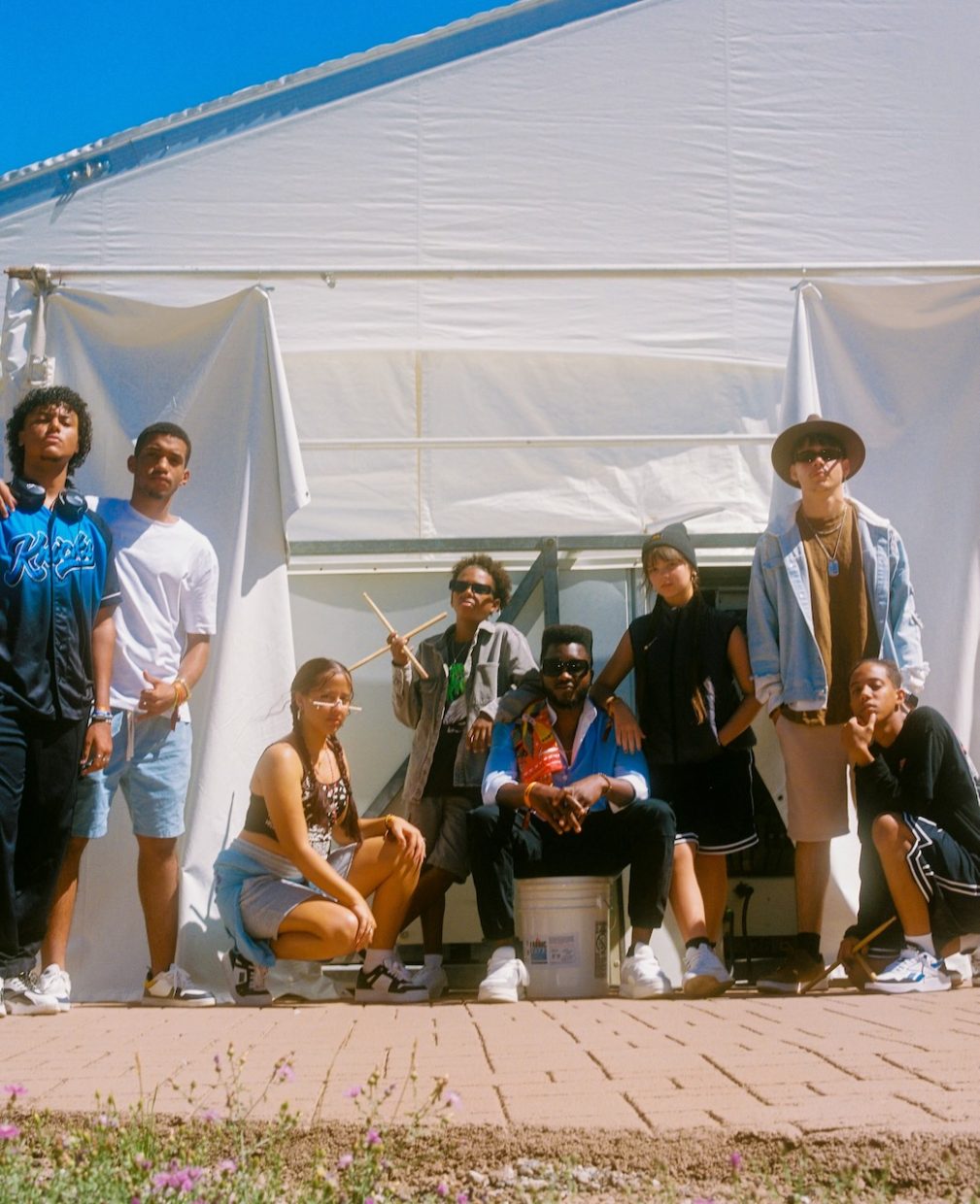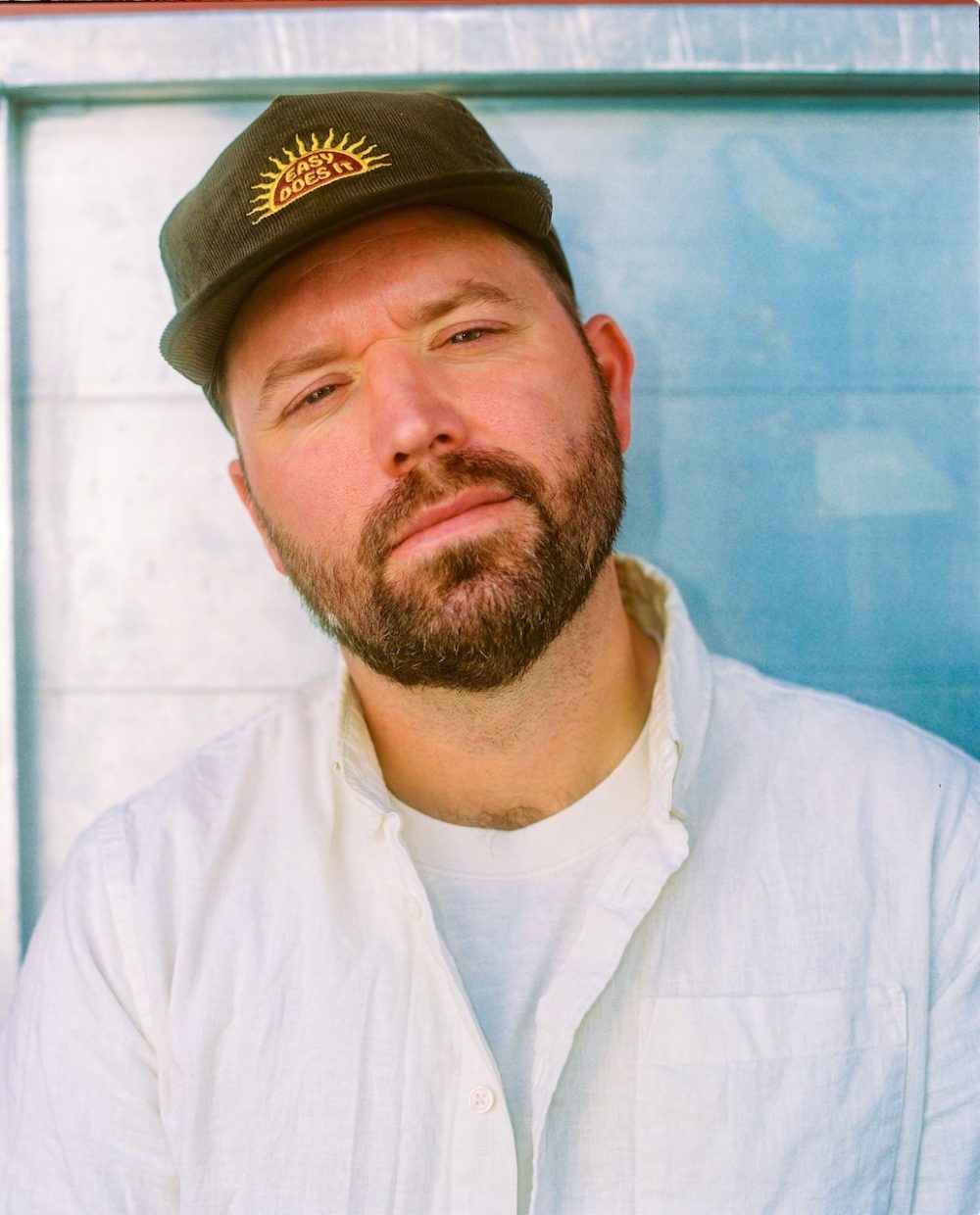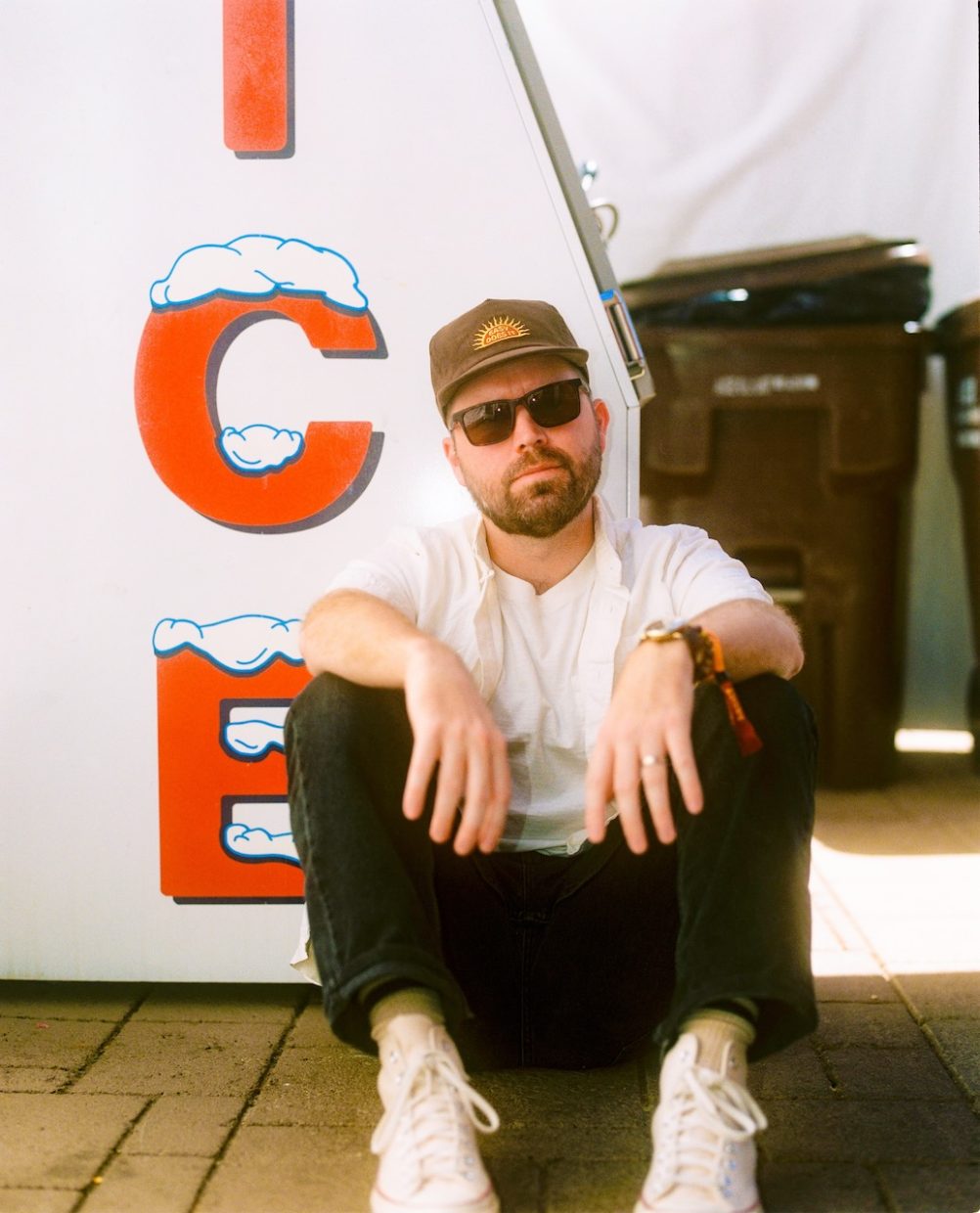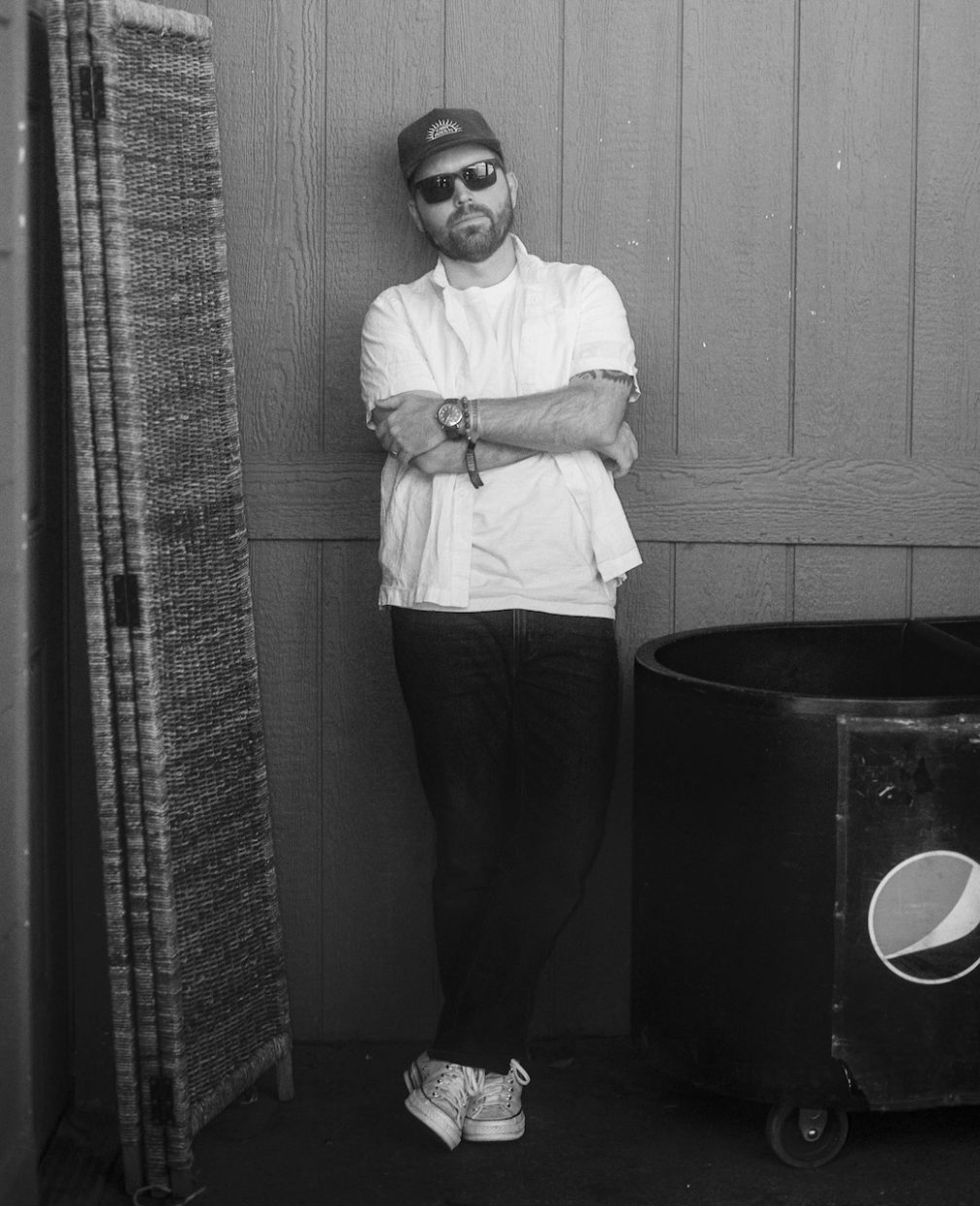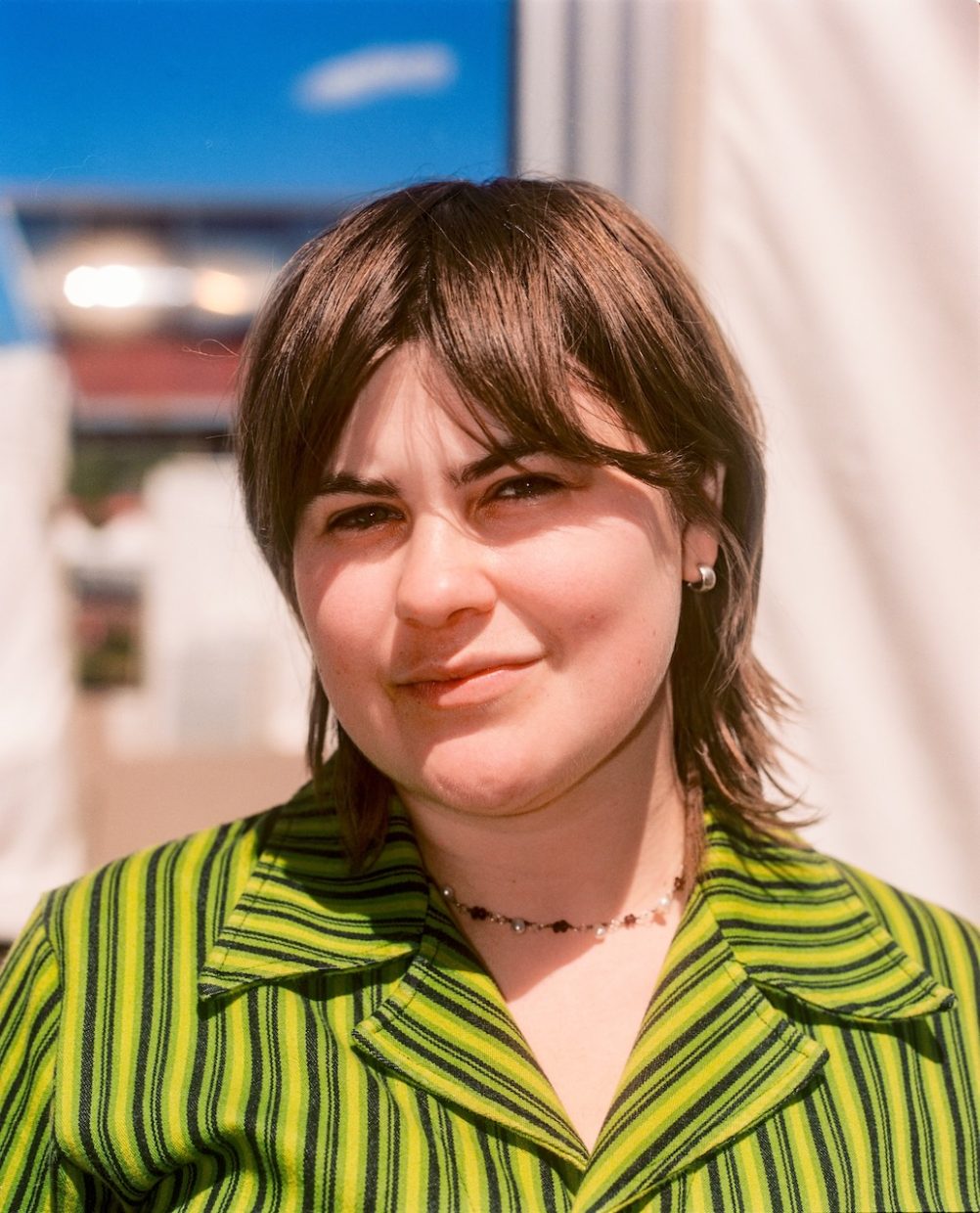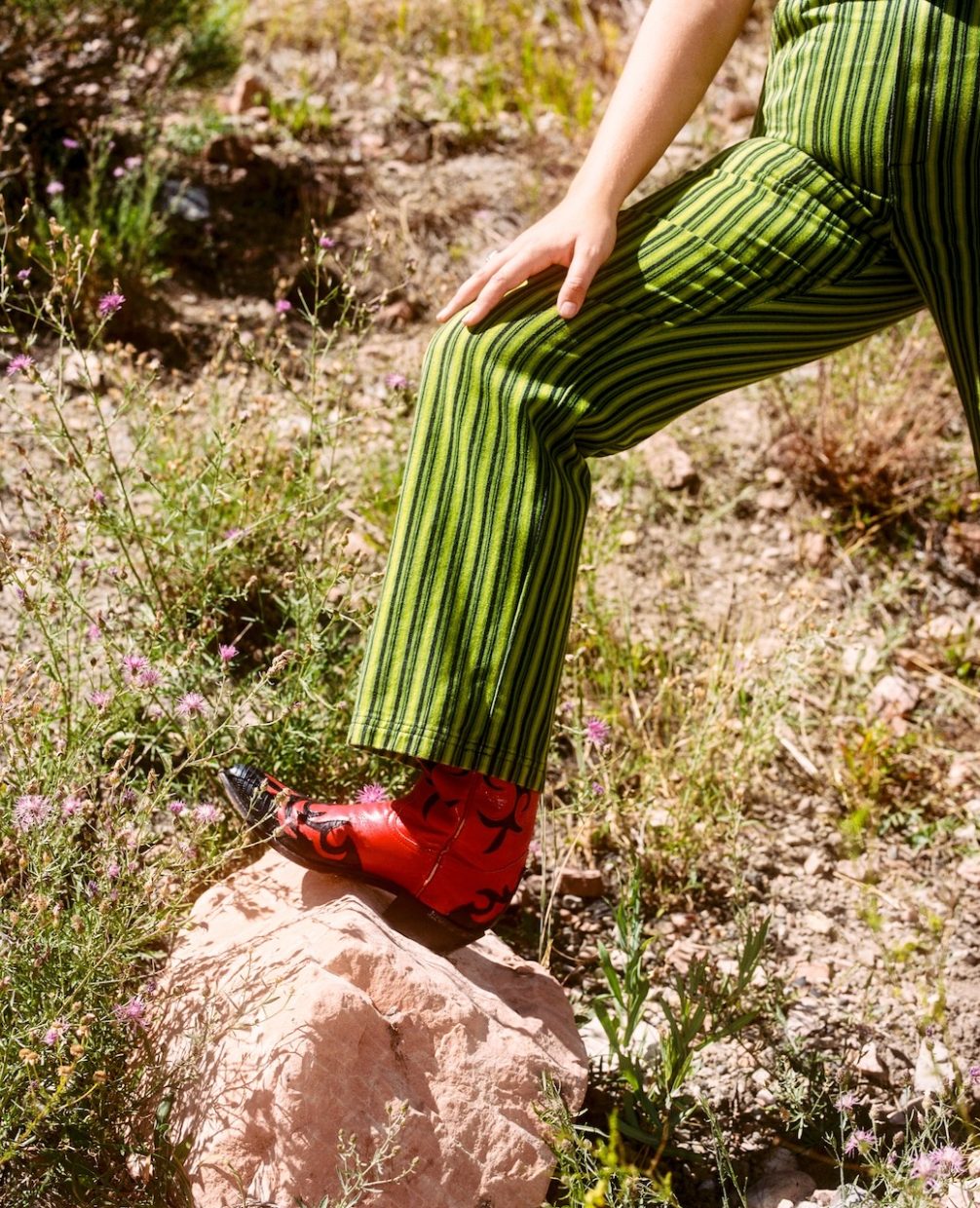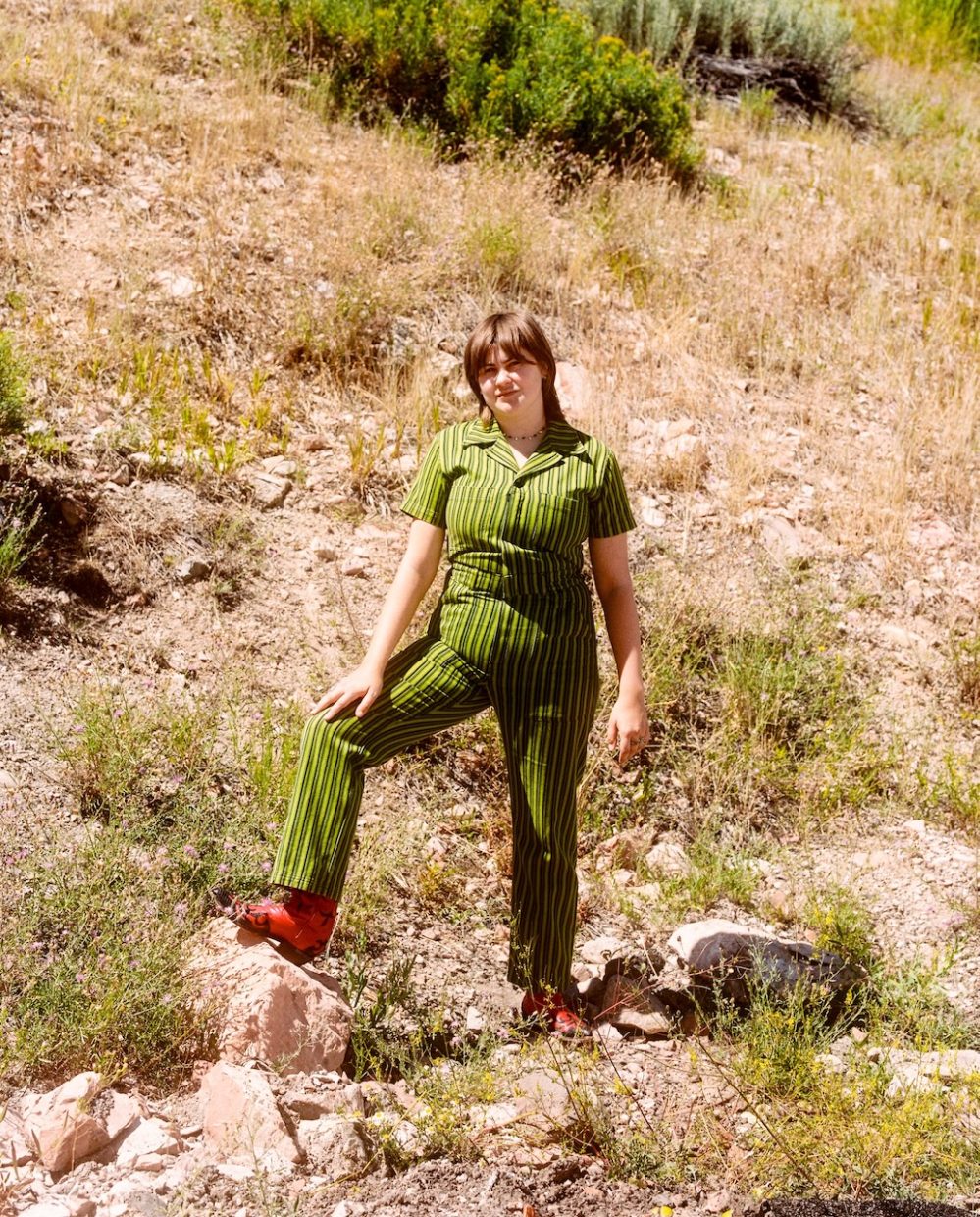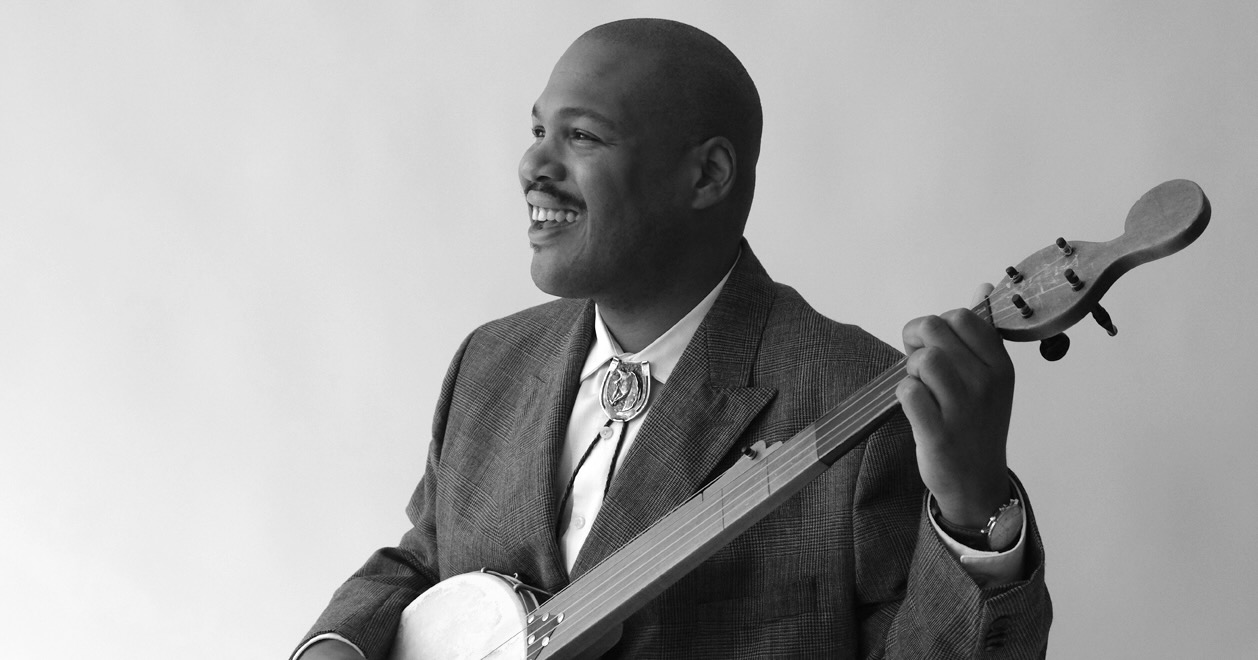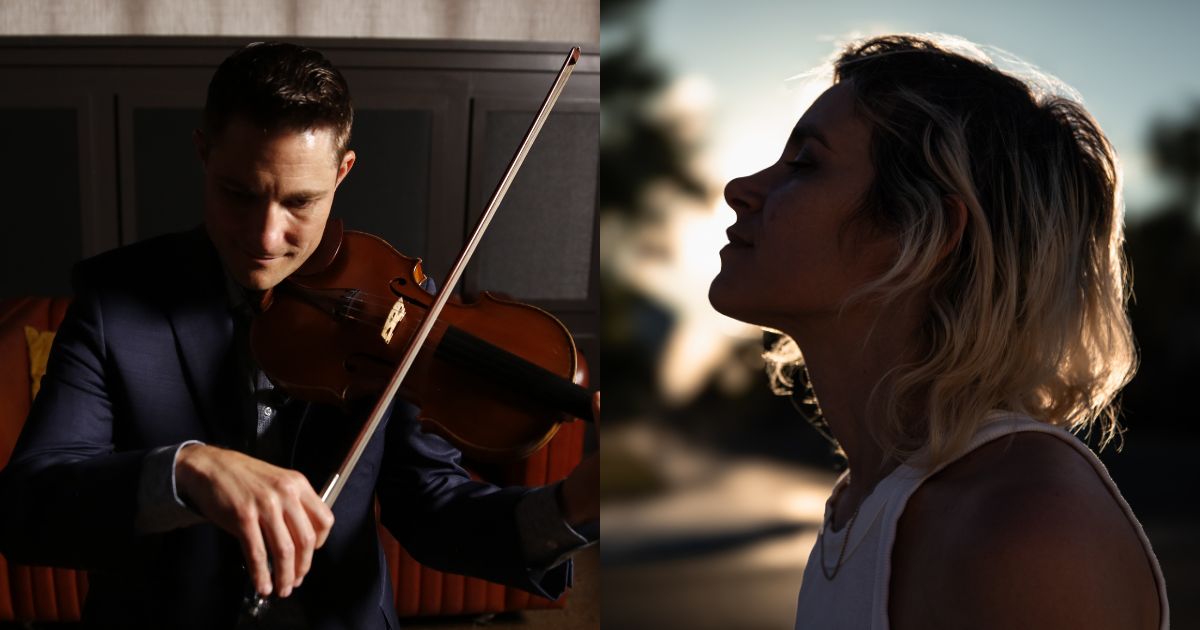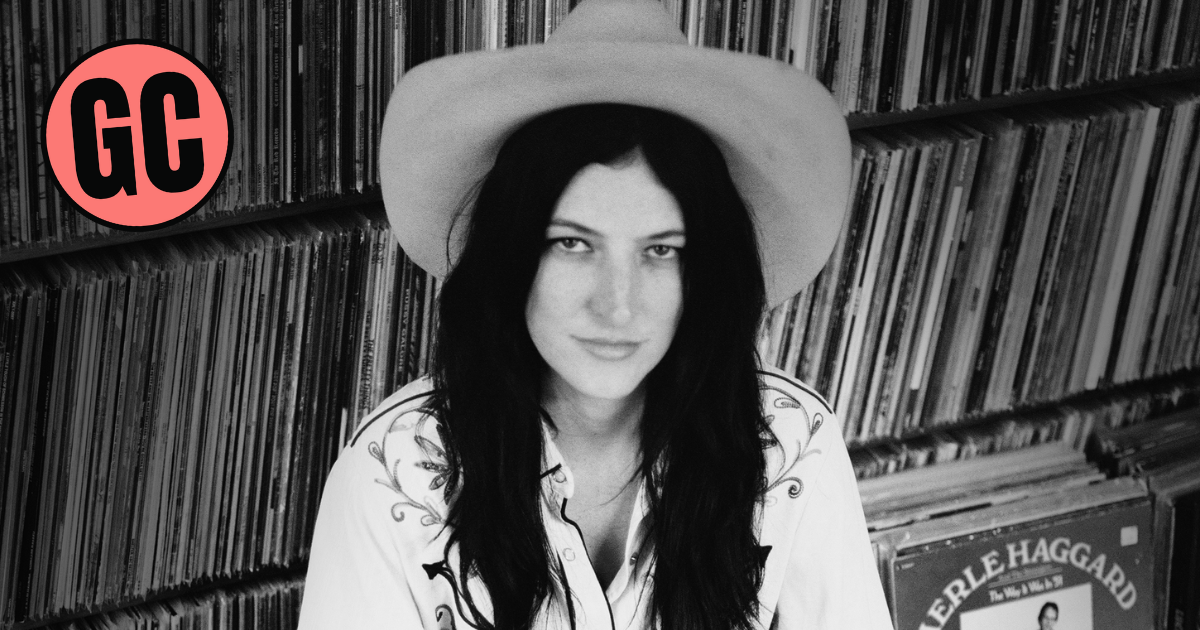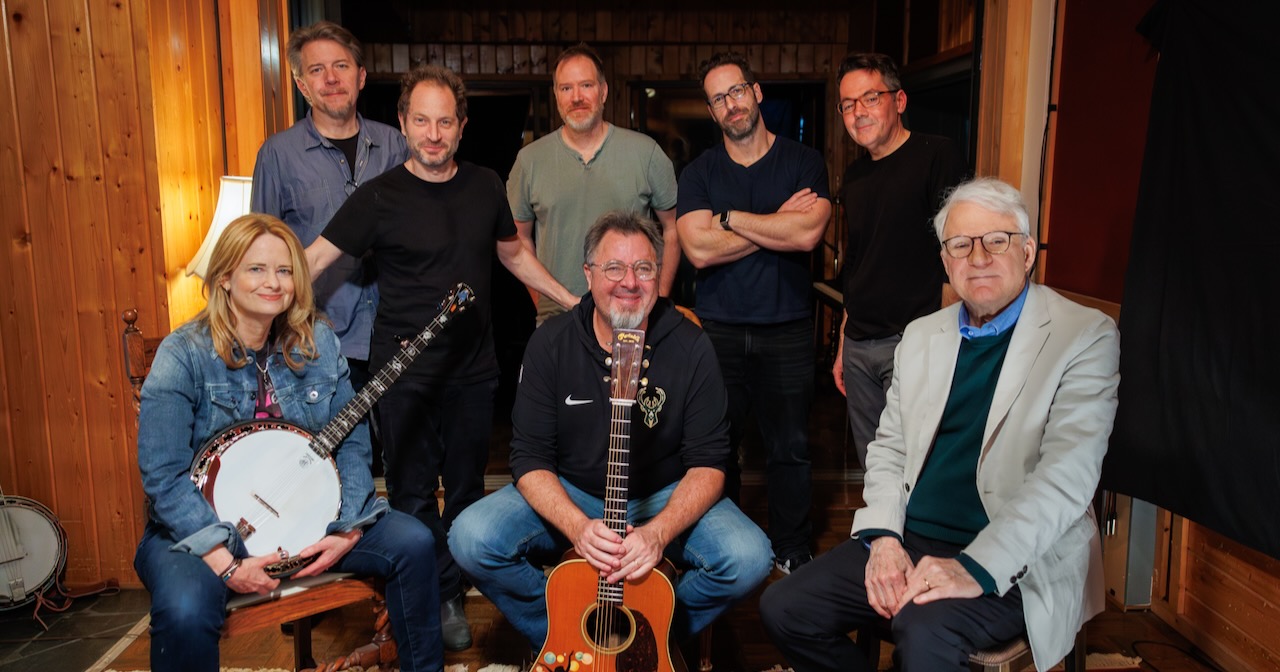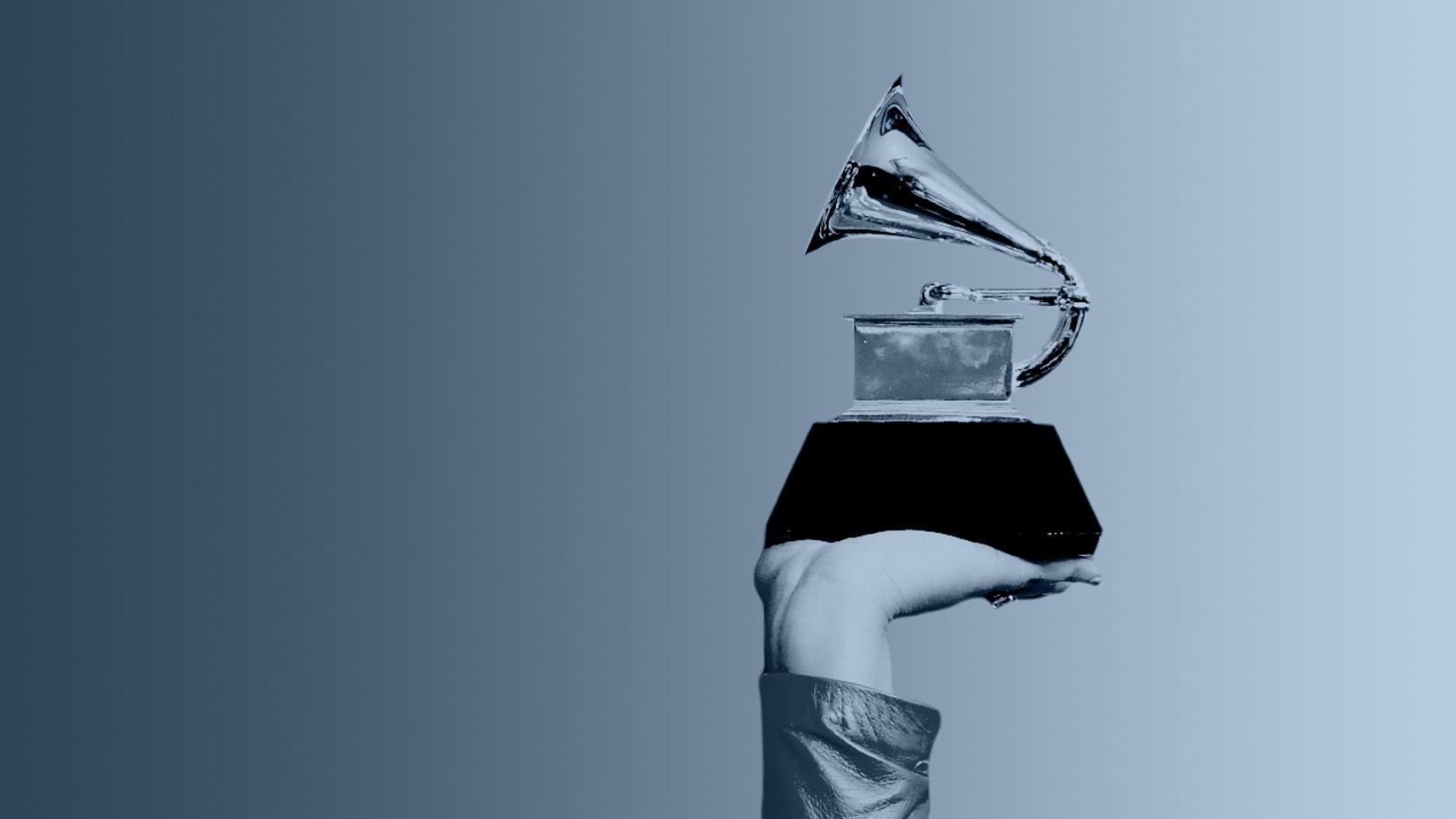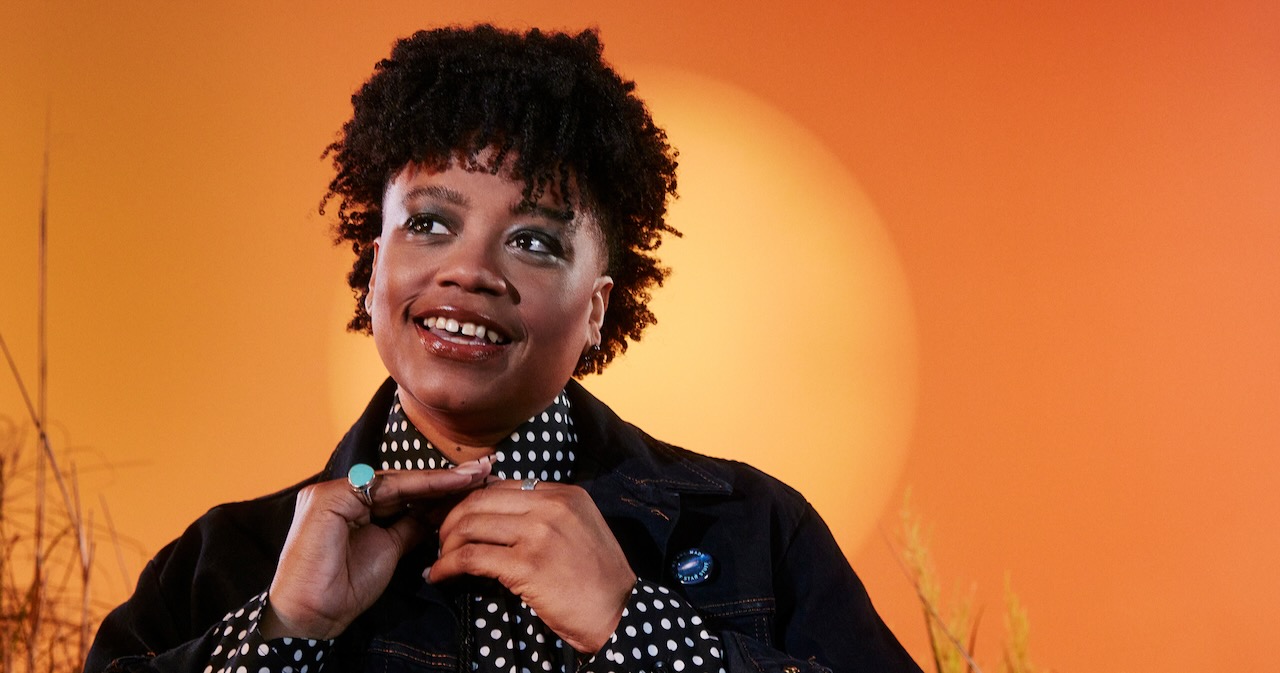With her signature red hair and easy smile, Reba McEntire has maintained her gilded perch in the hearts of music fans for decades. In fact, 2024 marks the 50-year anniversary of her launch into stardom. The multi-hyphenate talent grew up singing in three-part harmony with her siblings as the local treasures of their small Oklahoma town. When Reba enrolled at Southeastern Oklahoma State University to pursue becoming a schoolteacher, she continued to perform locally on occasion. Serendipitously, her delivery of “The Star Spangled Banner” at the 1974 National Finals Rodeo caught the attention of country artist Red Steagall, who shepherded her through the kindlings of her musical career in Nashville.
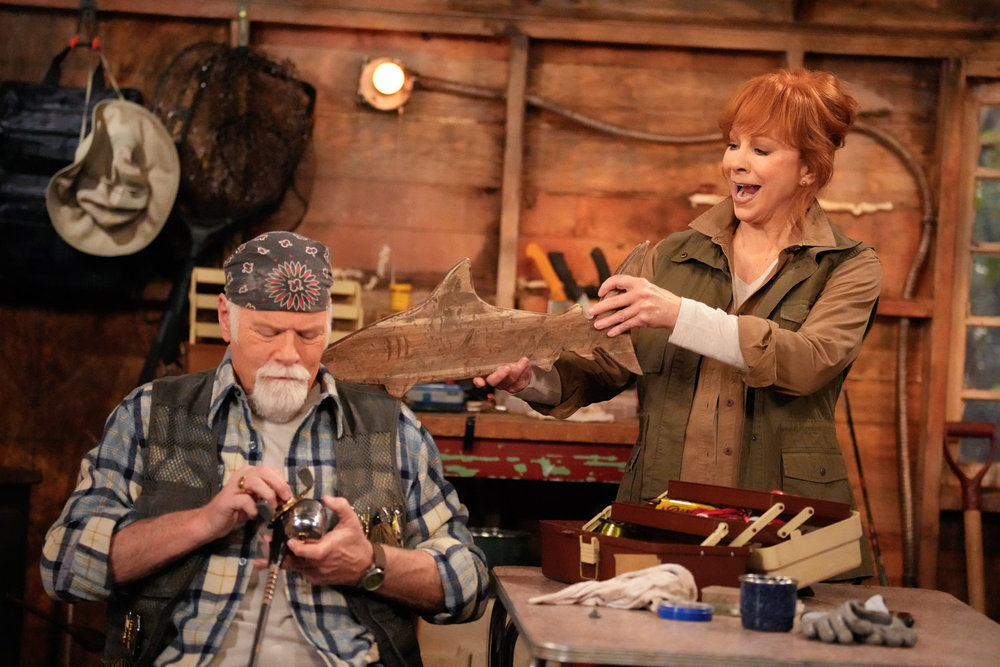
After over a decade of soaring success in country music, Reba took her first strut across the silver screen in 1990. The monster movie Tremors was just the first of the star’s rolling list of Hollywood credits. Immediately, Reba ignited a second love and poured herself into building up an acting career.
From her famous self-titled sitcom to serving as a recurring judge on The Voice, Reba’s icon status endures the test of time. For decades, she has masterfully committed to the balancing act of maintaining both her singing and acting endeavors.
Her most recent feat saw her return to the sitcom stage with the launch of her new show Happy’s Place (NBC / Peacock) in October. To honor this beloved country diva’s ever-thriving legacy, we’ve compiled a short list of our favorite on-screen Reba moments.
Tremors (1990)
A canon event for ’90s media, Reba started out strong with Tremors as her inaugural film role. This monster-studded Western cult classic is lauded for its apt casting and ’50s-esque creature feature vibes. Alongside Kevin Bacon, Fred Ward, and Michael Gross, Reba stars as “Heather Gummer,” a woman living in the small desert town of Perfection, Nevada. When Heather and her neighbors find themselves under attack by formidable, underground, carnivorous creatures known as “Graboids,” they must strategically wield their wit and weapons in order to survive.
While many struggle to transition between creative mediums, Reba’s first film appearance earned her the adoration of many. Her charisma and comedic timing accentuate the film’s charm, cementing her status as a versatile star capable of straddling the worlds of both music and acting alike.
Reba (2001 to 2007)
Few have the charisma and mass appeal to headline a sitcom titled in their own name. Even fewer have the charisma and mass appeal to do so for six successful seasons! Reba, the eponymous American sitcom, was a pillar of 2000s TV, running from 2001-2007. For five of its seasons, the feel-good show aired on Friday nights ranked 4th in its time slot, often with over 4 million viewers per episode.
The show follows “Reba Harte,” a middle-aged Houstonian woman whose life is torn asunder by discovery of her husband’s affair with his consequently pregnant dental hygienist mistress. Simultaneously, Reba’s own 17-year-old daughter becomes pregnant, and Reba must flex and pivot with all of her might in order to support her children.
Though the final episode of Reba aired well over a decade ago, the 2020s witnessed a resurgence of the show’s iconic theme song through a viral trend on TikTok. “I’m a Survivor,” performed by Reba and written by Shelby Kennedy and Phillip White, became an ironic anthem perfect for dramatizing even the most mundane of inconveniences.
Happy’s Place (2024)
The Queen of Country returned to her sitcom throne again this fall when the first episode of Happy’s Place aired on October 18, 2024. Similarly to her self-titled show, Happy’s Place centers around a woman whose life has been jostled by the discovery of previously unknown, kept-secret family members. In the case of Happy’s Place, Reba portrays Bobbie, a spunky Tennesseean who has been running her late father’s bar – the titular Happy’s Place – since his death several years earlier.
Much to her chagrin, Bobbie is dumbfounded by the news that she must share ownership of the bar with her newly-acquainted half-sister Isabella, the child of her father’s illicit affair. While reckoning with her father’s infidelity and forming a relationship with a sister decades her junior, Reba delivers a performance both comedic and heartwarming. The first season will be six episodes in total and it can be streamed on NBC (Fridays at 8PM ET) or on Peacock the day after airing.
Doing Push-Ups on The Voice (2024)
@reba Push-ups and inspirational quotes…we’re working more than just our vocal cords at #TheVoice ♬ original sound – Reba McEntire
Having made her debut on The Voice during its premiere season as a “Battle Advisor” to Blake Shelton’s team, Reba’s presence has been peppered throughout the show across its entire duration. During Season 24, Reba replaced Shelton as a coach, a position she maintains to this day.
Currently in the midst of its 26th season, Reba has dazzled viewers countless times, but this moment is our favorite. Just a few weeks ago, Gwen Stefani blocked Reba (a tactic judges use to prevent another coach from adding a singer to their own team during blind auditions). In a coy ploy at diverting attention from her made-for-TV snakery, Stefani drapes her body over the “BLOCKED” graphic and begins to do push-ups. As if the moment wasn’t iconic enough, Reba pushes the scene into absurdity when she follows suit, launching into a push-up routine in perfect form, putting Stefani to shame. Reba’s feat begs the question–should she pursue a third career in athletics?
Barb & Star Go to Vista Del Mar (2021)
This uncommon comedy follows the journey of two oddly antiquated 30-somethings Star and Barb (played by Kristen Wiig and Annie Mumolo) as they leave their Nevada home for the first time to venture out on a Florida vacation. The two ultimately must disentangle themselves from an evil woman’s plot to wreak havoc in the fictional Florida town.
The offbeat film’s charm is only augmented by a cameo from Reba, who graces the set as “Trish,” the embodiment of Star and Barb’s playful ideations and daydreams. Trish emerges as a water spirit to guide the two lifelong friends with her wisdom and encouragement – a role Reba, with her natural charm and benevolence, portrays with ease.
Malibu Country (2012)
With “don’t reinvent the wheel” seemingly as their ethos, the visionaries behind Malibu Country did not stray far off the beaten path. In this project, Reba returned to the world of sitcoms in 2012 to depict the role of Reba MacKenzie. Reba’s country star husband has been caught (yep, you guessed it) cheating on her and she must upheave her life. She and her two children move to her ex-husband’s property in Malibu where they start life anew and Reba decides to recommit to the music career she had abandoned in order to start her family. The show only ran for one 18-episode season in 2012/2013, but it did garner a fairly hefty viewership during its short life.
Young Sheldon (2019 to 2022)
In this Big Bang Theory spinoff, Reba guest stars as a hair stylist named June, appearing in a total of six episodes throughout seasons 3-5. June is the eccentric ex-wife of Coach Dale, the new boyfriend of Meemaw, Sheldon’s grandmother. As ever, Reba delights the show with her comedic timing and warm approach; her presence doubly adored given that Young Sheldon brought her and Annie Potts, both beloved Southern talents, onto the same screen.
She even pulled off the gaffe of a career in one scene where she sings karaoke… poorly. In addition to stealing the audience’s heart, Reba also met her current partner, Rex Linn, while filming.
Reba has proven time and time again her status as national treasure. Though just a snapshot of the legend’s perpetually blossoming career, this list demonstrates just how impactful Reba’s life as an actress has been – astonishingly while also maintaining her official title as Queen of Country, recording and releasing albums, co-headlining a residency in Las Vegas, and much more.
At 69 years old and still yet to peak, we look forward to all the Reba roles, songs, and iconicity to come.
Photo Credit: Both photos by Casey Durkin/NBC.
Lead Image: (L-R) Belissa Escobedo as Isabella, Reba McEntire as Bobbie on Happy’s Place, “Ladies Night,” Episode 107.
